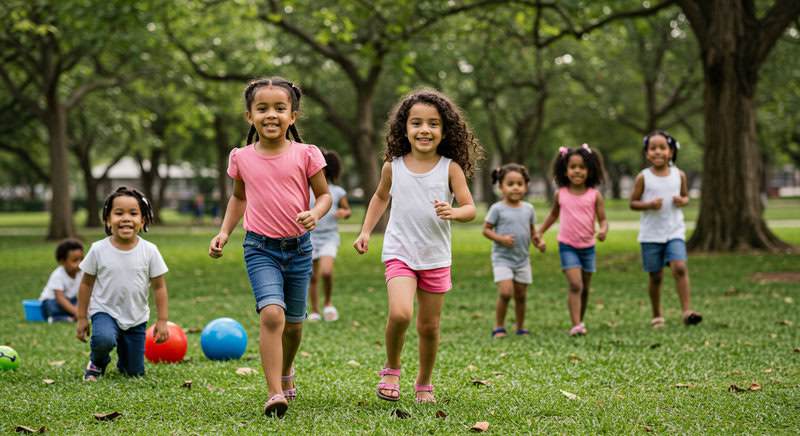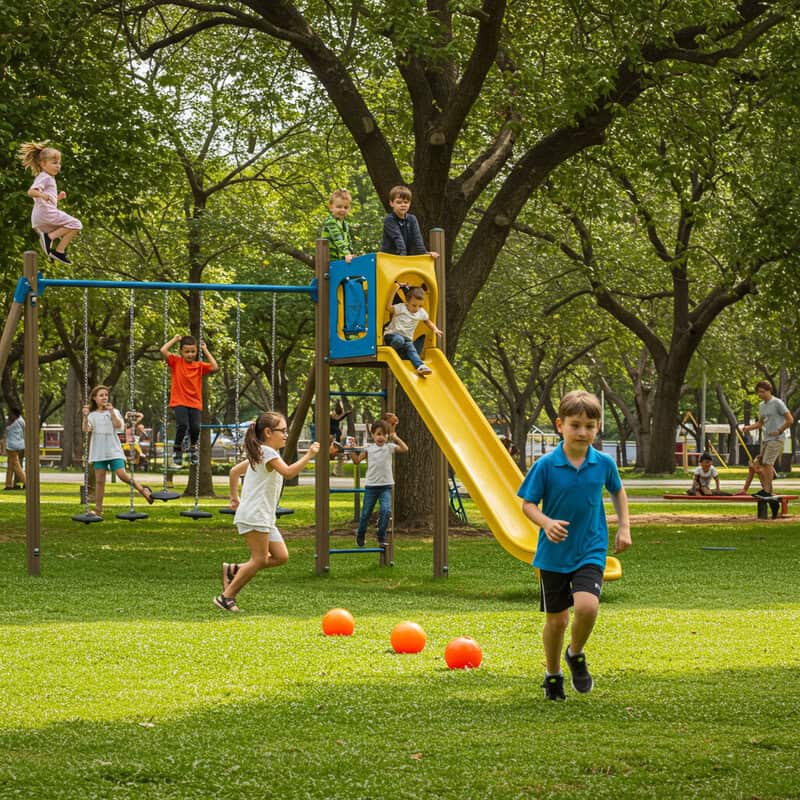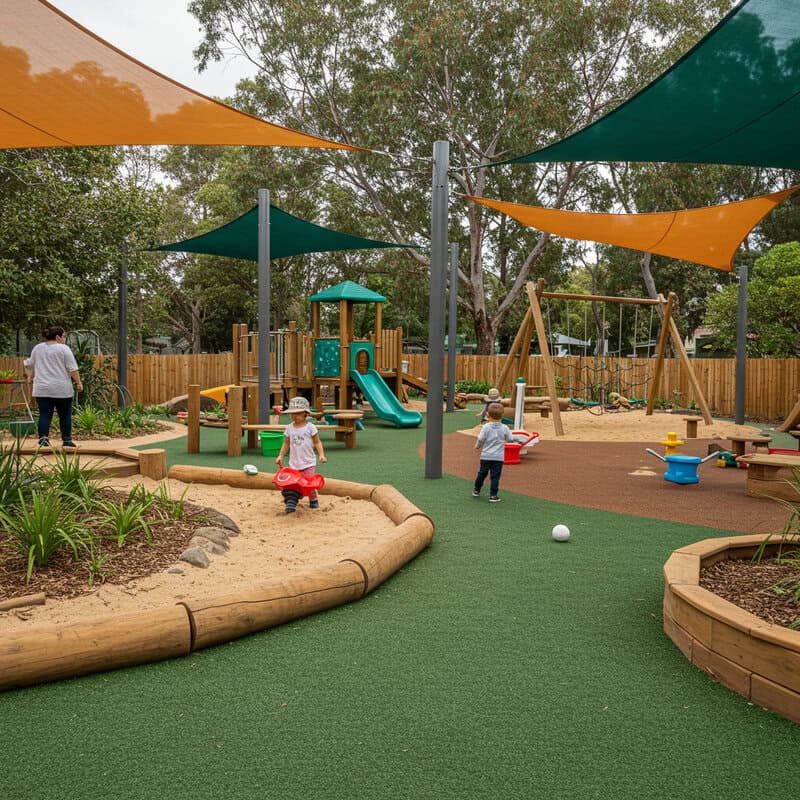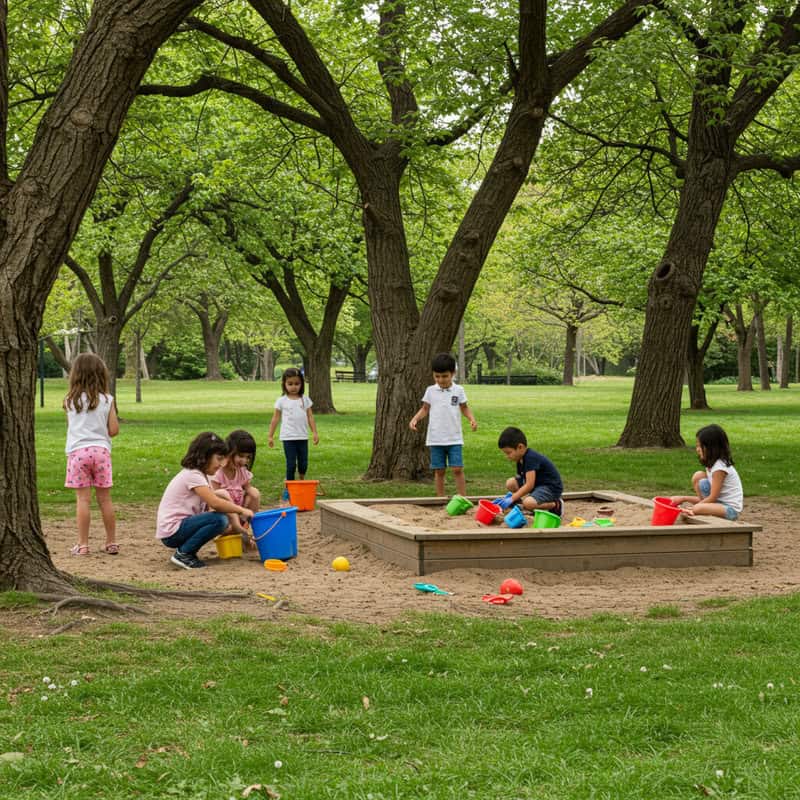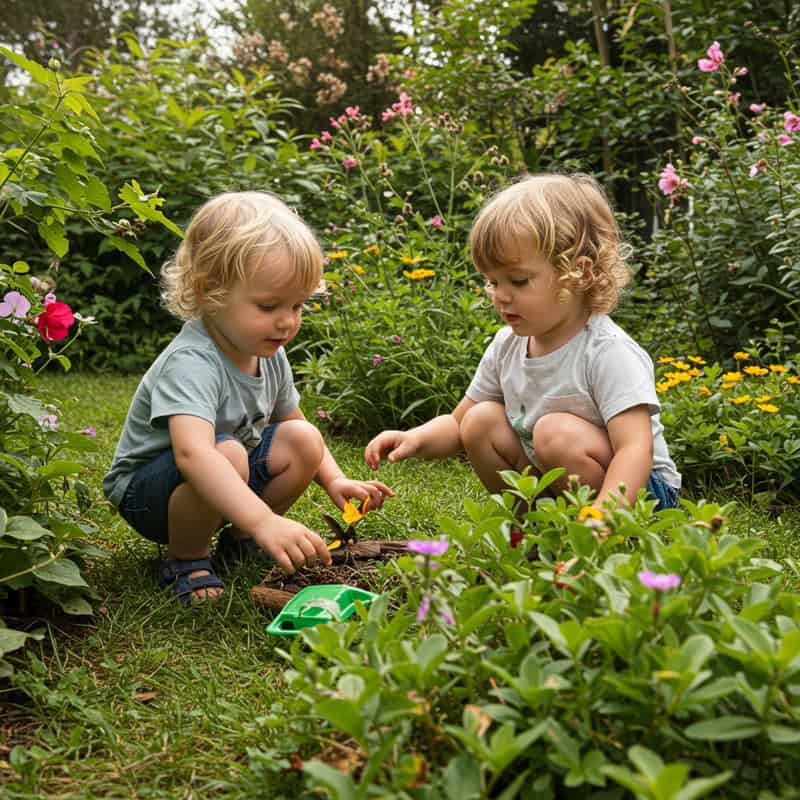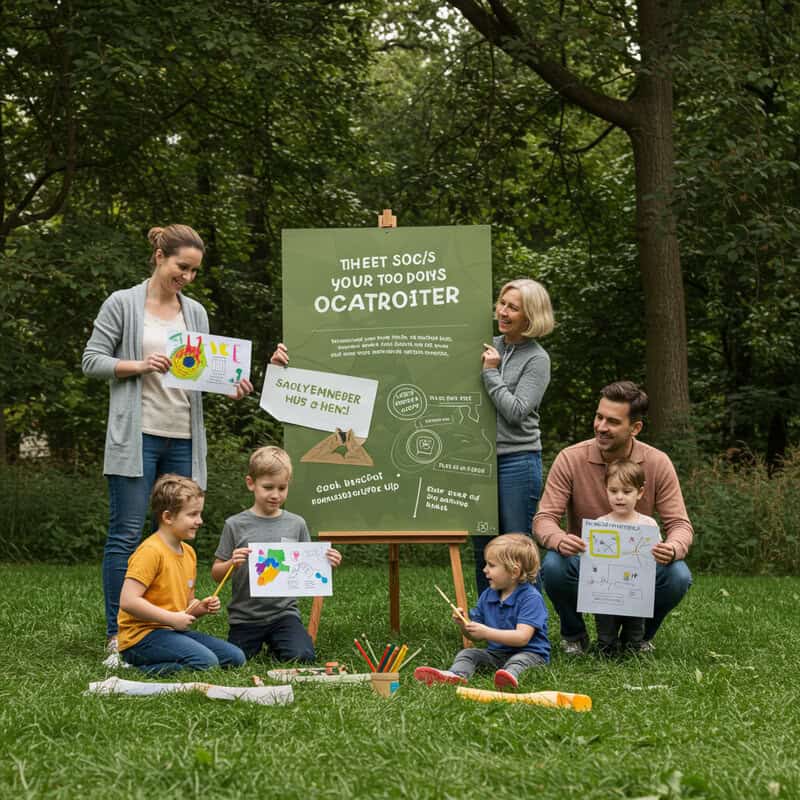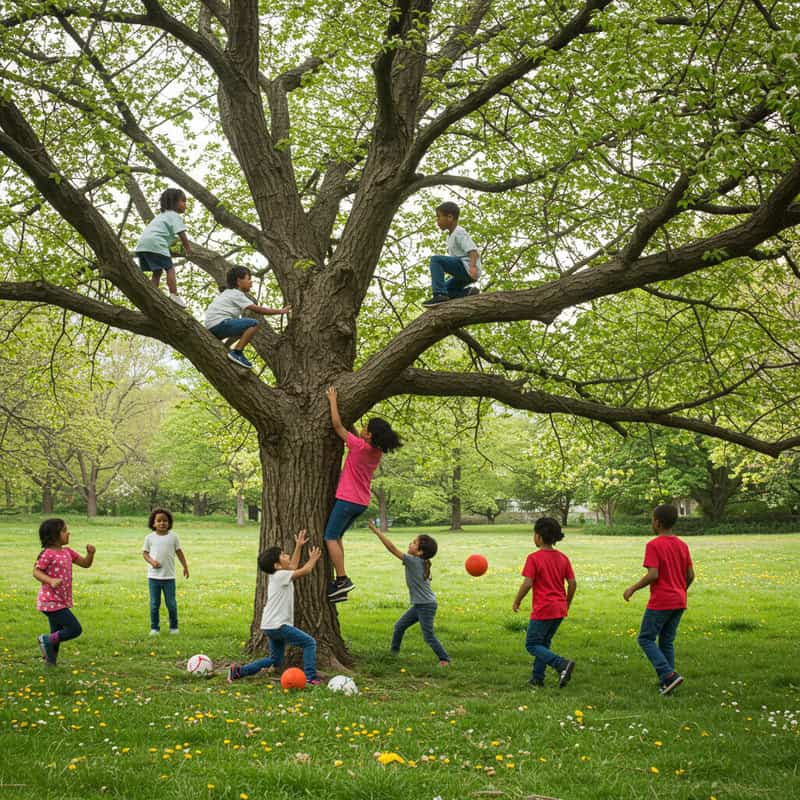In a fast-paced digital world, opportunities for outdoor play are dwindling, yet its significance for children’s growth has never been greater. Outdoor play not only fuels physical activity but also nurtures emotional, social, and cognitive development, forming the foundation for lifelong well-being.
Recent studies highlight how time spent outside can improve attention, creativity, and resilience. This article explores the far-reaching benefits of outdoor play and offers practical tips for families to encourage children to reconnect with nature for healthier, more balanced development.

